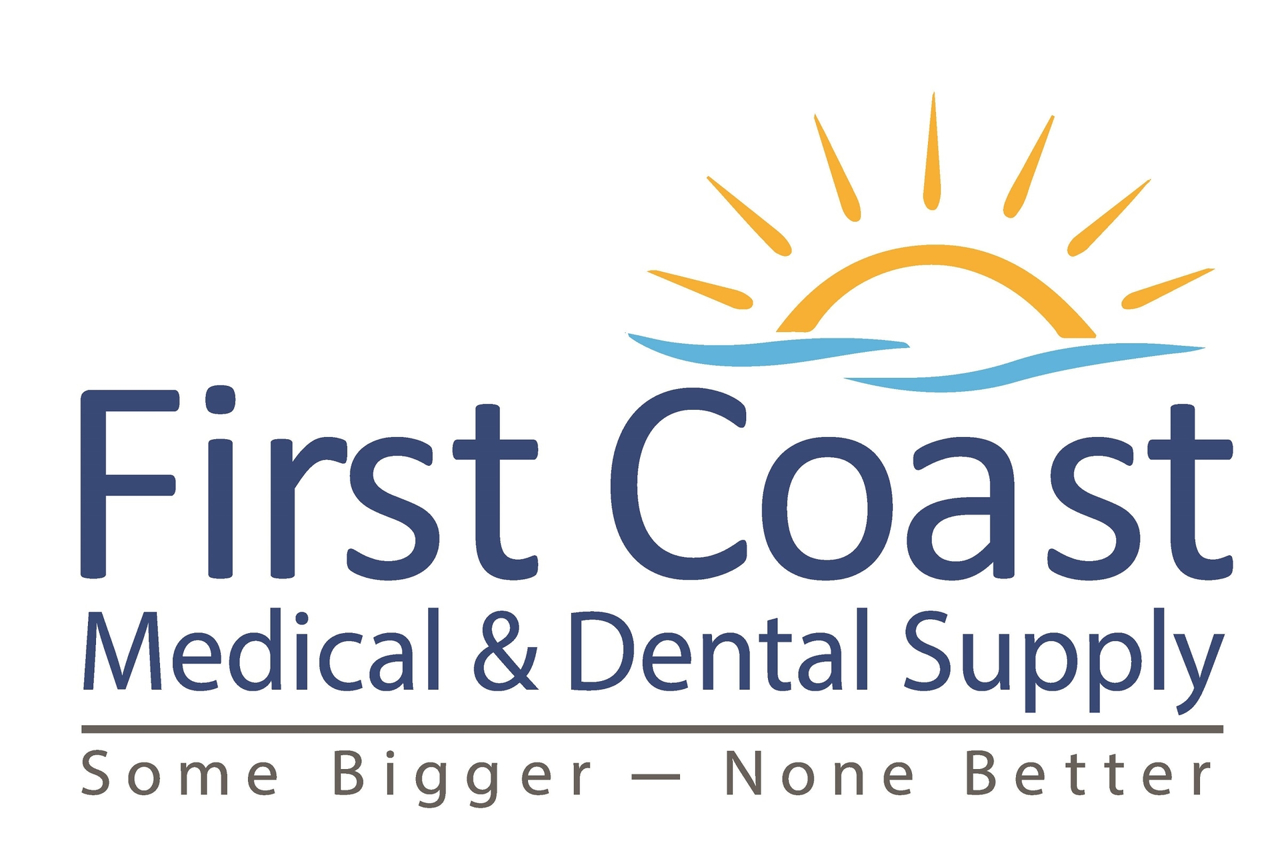Cleanse, Moisturize, Protect and Treat

People with incontinence and their caregivers inherently know that caring for your skin is just as important as preventing leaks. However, you may not know where to start. It is not the same as taking care of younger skin. The fragile skin of older adults does not heal on its own as easy. There is a correct regime of Cleanse, Moisturize, Protect and Treat that is commonly referred to, and we will take you through the steps in this blog article.
Adult absorbent products such as pads, pullups, or briefs with tape-tabs are great at preventing leaks, but poorly made absorbent products trap moisture close to the skin, which can become a problem if it’s not taken care of right away. Built-up moisture can cause skin irritation around the buttocks, hips, and genital areas. Redness, peeling, itchy skin, yeast infections and even urinary trach infections can occur when you sit in a wet absorbent product for too long.
How to Prevent Skin Issues
The first step in caring for your skin is to prevent any irritation from happening to begin with. This means following a regimen of cleansing the area, moisturizing the skin, applying protectants and, if necessary, treating any issues.
- Change your product as often as possible to prevent any urine or stool from being trapped close to the skin for a long period of time.
- Clean and dry the area immediately after urinating or having a bowel movement.
- Use a mild soap that won’t irritate your skin.
Skin Care Products
Most people assume that regular cleansing with soap and water is all that is needed to protect the skin and prevent odor. This is simply not true with incontinence. Special cleansers, which remove urine and stool without the need for scrubbing and still maintain a high level of moisture in the skin no matter how often they are used, are important for caring for the skin of people with incontinence.
List of Skin Care Products:
- Wet Wipes/Wash Cloths - A non-irritating cleanser in handy, disposable wipes. Gently dissolves irritants.
- Perineal Cleansers - Soapless, non-irritating cleansers gently dissolve and remove feces and urine. Many contain deodorizers in their formulas. Specifically, seek out perineal cleansers formulated for delicate skin.

- Moisturizing Creams / Lotions - Protective moisturizer formulated, especially for the perineal area. Lanolin or dimethicone are key ingredients to look for in moisturizers.
- Barrier Creams / Ointments - Barrier creams are designed to protect the skin from irritation caused by stool, urine, or excessive moisture. It is best to avoid products that contain petrolatum; these products do not work well with absorbent products like pads, pullups or briefs with tabs and can cause additional issues by clogging the absorbent product and not allowing it to absorb as it was made for. Look for products contain lanolin or dimethicone. Caregivers of individuals at risk of skin breakdown from pressure ulcers due to immobility should pay extra attention to consistently apply these products.
- Film Forming Skin Protectants - Film-forming skin protectants are packaged in the form of wipes, aerosol spray, pump spray, and applicator sponges. When the film dries, a clear, invisible barrier is left to protect the skin from irritation.
- Antibacterial / Antifungal Creams - Cream application with non-prescription strength ingredients such as nystatin or miconazole should be used to topically treat bacterial or fungal skin infections. If bacterial infection occurs, antibiotics applied to the skin or taken by mouth may be required to heal the irritation.
When using any of the products above, keep in mind that you must still clean the area each time you urinate or have a bowel movement. You can reapply the products after the area has been fully cleaned and thoroughly dried.

When to Seek Help
If you start to have problems with your skin and the issue doesn’t clear up, see your doctor immediately. The problem can accelerate quickly and cause significant issues that can be hard to treat. Skin issues might include:
- Your skin is severely irritated and doesn’t seem to be getting better
- You develop an itchy, red rash
- Your skin is peeling
- Your skin is raw and tender
Tips for Caregivers
If you’re caring for a loved one who has incontinence, especially if they are bed-ridden or in a wheelchair, be sure to take special measures to protect their skin.
- Most people and their caregivers don’t realize the importance of a healthy, well-balanced diet that contains enough calories and protein helps to keep you and your skin healthy. It plays such an important part that can sometimes cause a downward spiral in maintaining healthy skin and the body’s ability to fight issues.
- Change their position often - in a bed, or in a wheelchair - to avoid getting bedsores. You also may want to try using pillows or pads to reduce pressure on certain parts of the body where bedsores may develop.
- Clean any soiled underwear and clothes, absorbent products, bed sheets, chairs, or blankets right away.
- Wash and dry the pelvic area after each void.
- Be diligent about changing absorbent products regularly. Use a timer if helpful; a good rule of thumb is every two hours.
